What to Watch: Week of February 13, 2023
14 Feb 2023, by Sara Westbrook Share :Monday was the deadline for bills to be introduced in Idaho’s Legislature, so we should see things slow down a bit regarding new bill introductory hearings. IAC is currently tracking around 70 bills, and information about them can be found on the IAC Bill Tracker. The tracker is an excellent resource for members to understand where a tracked bill is in the legislative process. Multiple IAC policies and one priority are up for votes on the floors of the House and Senate this week. We need your help with the IAC priority on DMV Title Administration Fees, House Bill 85.
We expect to see House Bill 85 heard on the House floor within the next few days. The bill would allow a vehicle title administration fee to be set by the BOCC with the same parameters in place as the motor vehicle registration administration fee. We have received some pushback on the bill because of concerns that it removes legislative control over fee setting in this instance. Please reach out to your House members to encourage their support for House Bill 85. Here are some talking points you can use when you reach out:
– Allowing the BOCC at the county level to set an admin fee allows for the fee to cover the cost of providing the vehicle titling service.
– Ensures counties don’t receive more or less money than needed to cover the cost of the service.
– Title Admin Fee can help prevent other county budget monies (including property taxes) from needing to be utilized to keep a brick-and-mortar DMV presence at the county level. This also can be used to prevent longer lines.
If you receive any questions or concerns from legislators about title admin fees varying across the state, you can use the talking points below:
– This authority already exists for BOCC to set an admin fee for vehicle registrations, so there is already some variation on that front.
– Counties have different operational costs:
– Wages and benefits are typically lower in more rural counties.
– Larger counties have staff entirely dedicated to DMV services.
– Smaller counties may have full-time staff that split roles between DMV and reappraisal work. For example: handling DMV work and signing property owners up for a homeowners exemption and/or a property tax reduction (circuit breaker).
– Different counties also have varying title transfer volumes that come through their offices. This factors in as well with economies of scale.
– Examples: Per year, Ada County has over 125,000 transactions, Canyon County has over 70,000, Kootenai County has over 50,000; Lewis, Clark, and Camas Counties are all in the 1,000-2,000 range.






